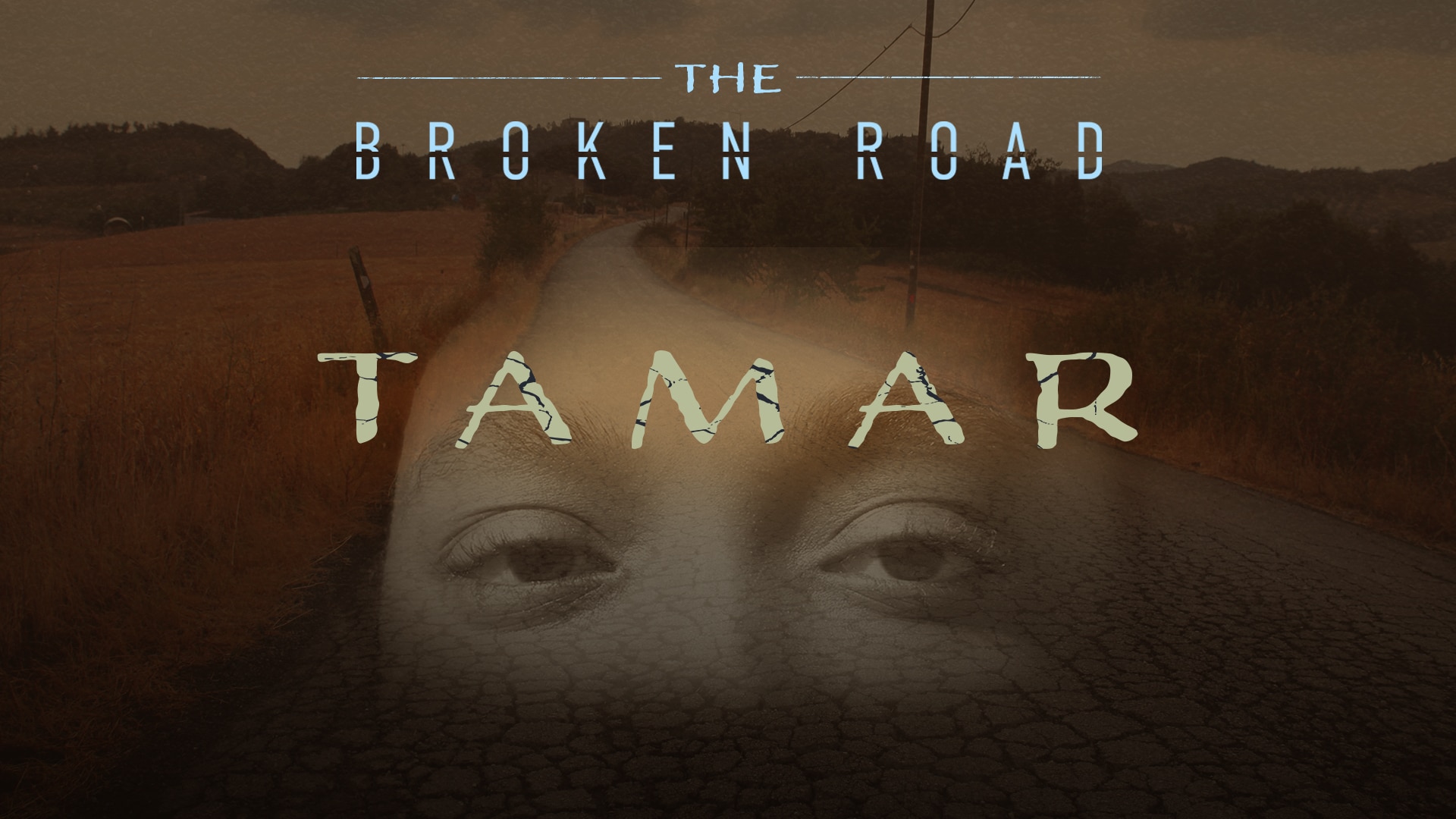Judah said to his brothers, “What will we gain if we kill our brother and cover up his blood? 27 Come, let’s sell him to the Ishmaelites and not lay our hands on him; after all, he is our brother, our own flesh and blood.” His brothers agreed.
Genesis 37: 26-27 New International Version (NIV)
At that time, Judah left his brothers and went down to stay with a man of Adullam named Hirah. There Judah met the daughter of a Canaanite man named Shua. He married her and made love to her; she became pregnant and gave birth to a son, who was named Er. She conceived again and gave birth to a son and named him Onan. She gave birth to still another son and named him Shelah.
Genesis 38:1-5a (NIV)
Judah got a wife for Er, his firstborn, and her name was Tamar. But Er, Judah’s firstborn, was wicked in the Lord’s sight; so the Lord put him to death.
Genesis 38:6-7 (NIV)
Then Judah said to Onan, “Sleep with your brother’s wife and fulfill your duty to her as a brother-in-law to raise up offspring for your brother.” But Onan knew that the child would not be his; so whenever he slept with his brother’s wife, he spilled his semen on the ground to keep from providing offspring for his brother. What he did was wicked in the Lord’s sight; so the Lord put him to death also.
Genesis 38:8-10 (NIV)
“As a childless widow, she (Tamar) could hardly been more vulnerable in the society of the time. Only a child, preferably a son, would have given her standing and security. Yet both her brother-in-law and her father-in-law had refused – and in the cruelest possible manner – to give the minimal rights prescribed for her by clan custom. “
Daily Study Bible Series,
John C. L. Gibson
“Having no recourse to the courts, she will move beyond the law to fulfill the law, even at the cost of her honor and her life.”
“The New Interpreter’s Bible” Commentary pg. 605
When Tamar was told, “Your father-in-law is on his way to Timnah to shear his sheep,” she took off her widow’s clothes, covered herself with a veil to disguise herself, and then sat down at the entrance to Enaim, which is on the road to Timnah. For she saw that, though Shelah had now grown up, she had not been given to him as his wife. When Judah saw her, he thought she was a prostitute, for she had covered her face. Not realizing that she was his daughter-in-law, he went over to her by the roadside and said, “Come now, let me sleep with you.” “And what will you give me to sleep with you?” she asked. “I’ll send you a young goat from my flock,” he said. “Will you give me something as a pledge until
you send it?” she asked. He said, “What pledge should I give you?”
“Your seal and its cord, and the staff in your hand,” she answered.
So he gave them to her and slept with her, and she became pregnant by him. After she left, she took off
her veil and put on her widow’s clothes again.
Genesis 38:13-19 (NIV)
“Oh, what a tangled web we weave,
when first we practice to deceive!” – Sir Walter Scott, 1808
About three months later Judah was told,
“Your daughter-in-law Tamar is guilty of prostitution,
and as a result she is now pregnant.”
Genesis 38:24A (NIV)
“I am pregnant by the man who owns these,”
she said. And she added, “See if you recognize whose seal and cord and staff these are.”
Judah recognized them and said,
“She is more righteous than I, since I wouldn’t give her to my son Shelah.”
And he did not sleep with her again.
Genesis 38:25-26 (NIV)
His guilt-admitting recognition that Tamar has been more righteous (sadequa) than he means that Tamar has done justice to this relationship in a way that he has not, in failing to give her his third son.
NIB Commentary, pg. 606
From everyone who has been given much, much will be demanded; and from the one who has been entrusted with much, much more will be asked.
Luke 12:48b (NIV)
If I have denied the desires of the poor or let the eyes of the widow grow weary, if I have kept my bread to myself, not sharing it with the fatherless—
but from my youth I reared them as a father would, …. If I have seen anyone perishing for lack of clothing,
or the needy without garments, and their hearts did not bless me for warming them with the fleece
from my sheep, if I have raised my hand against the fatherless,
knowing that I had influence in court,
then let my arm fall from the shoulder, Let it be broken off at the joint. For I dreaded destruction from God,
and for fear of his splendor I could not do such things.
Job 31:16-23 (NIV)
